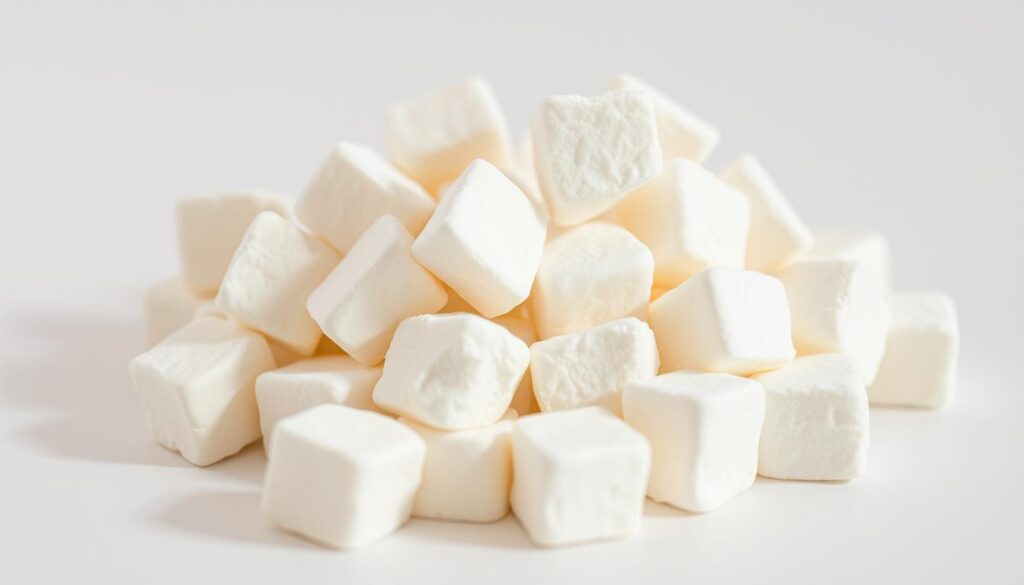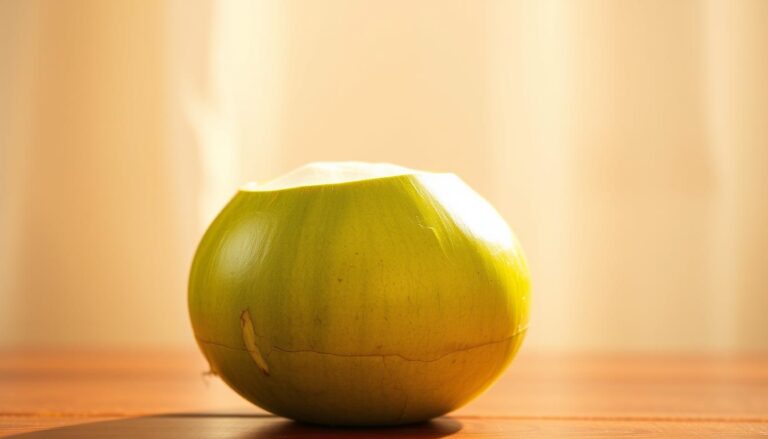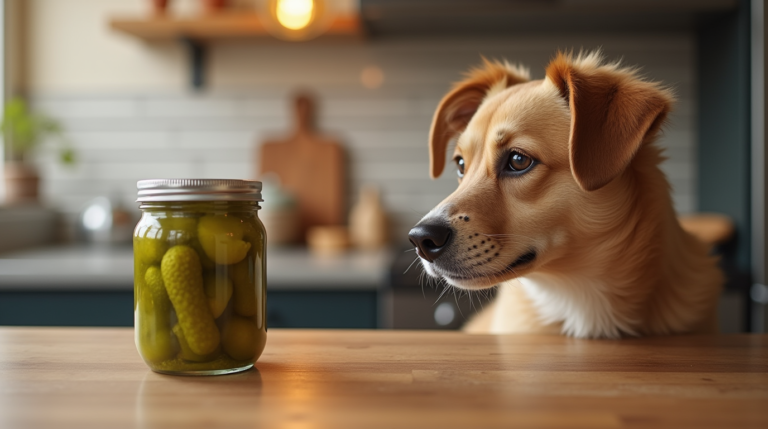Can Dogs Eat Marshmallows? 6 Facts You Should Know
Picture this: you’re enjoying a cozy evening by the fire, roasting marshmallows for s’mores. Your furry friend sits nearby, giving you those irresistible puppy eyes. It’s tempting to share a treat, but is it safe? The debate about giving human snacks like marshmallows to pets is a hot topic among pet owners.
While marshmallows aren’t toxic in all cases, they offer no nutritional value for your pet. Ingredients like sugar and corn syrup can lead to health issues, including obesity and diabetes. Worse yet, some marshmallows contain xylitol, an artificial sweetener that’s extremely harmful to animals.
This article dives into the risks, from choking hazards to xylitol poisoning. You’ll also hear expert opinions from veterinarians like Dr. Carly Fox and Dr. Lucas White. Understanding ingredient lists and portion sizes is key to keeping your pet safe and healthy.
Table of Contents
Can Dogs Eat Marshmallows? The Short Answer
When it comes to sharing snacks with your furry companion, caution is key. While plain mini-marshmallows may not be toxic dogs, they offer no health benefits. These sugary treats can lead to obesity, pancreatitis, and other health issues over time.
Sugar-free varieties are even more dangerous. Many contain xylitol, an artificial sweetener that’s lethal to animals. Dr. Carly Fox warns that xylitol can cause seizures, liver failure, and even death in pets. If your pet consumes xylitol, seek veterinary help immediately.
Even “safe” marshmallows pose risks. High sugar content can lead to weight gain and diabetes. Pancreatitis, a painful inflammation of the pancreas, is another concern. These risks make it clear that marshmallows should never be a regular part of your pet’s diet.
Your pet’s diet should consist of 90% balanced dog food. Treats, if given, should be healthy and vet-approved. Always check ingredient lists and avoid anything containing xylitol or excessive sugar.
| Risk | Description |
|---|---|
| Obesity | High sugar content leads to weight gain. |
| Pancreatitis | Inflammation of the pancreas caused by fatty foods. |
| Xylitol Poisoning | Artificial sweetener causing seizures and liver failure. |
Why Marshmallows Are Dangerous for Dogs
Sharing a treat with your pet might seem harmless, but some snacks can pose serious risks. Marshmallows, in particular, are a concern due to their ingredients and physical properties. Understanding these dangers can help you keep your furry friend safe.
Xylitol: A Toxic Sweetener for Dogs
One of the biggest threats in marshmallows is xylitol, an artificial sweetener. Even small amounts can cause seizures, liver failure, and even death in pets. Always check ingredient lists to ensure your treats are xylitol-free.
High Sugar Content and Health Risks
Marshmallows are packed with sugar, which can lead to obesity, diabetes, and pancreatitis. Over time, these conditions can severely impact your pet’s quality of life. It’s best to avoid sugary treats altogether.
Choking and Digestive Hazards
Marshmallows can expand up to 150% in the stomach, causing gastrointestinal upset or even blockages. Brachycephalic breeds, like bulldogs, are especially prone to choking due to their narrow airways. Symptoms like vomiting, diarrhea, or abdominal pain require immediate attention.
If your pet shows signs of distress, such as unproductive retching or pale gums, seek veterinary care right away. Knowing how to perform the Heimlich maneuver for pets can also be a lifesaver in emergencies.
What to Do If Your Dog Eats Marshmallows

Discovering your furry friend ate a marshmallow can be alarming. While not all cases are emergencies, quick action is essential to ensure their safety. Here’s a step-by-step guide to help you respond effectively.
First, check the ingredient list. If the marshmallow contains xylitol, contact a veterinarian immediately. Xylitol is highly toxic and can cause severe symptoms like seizures or liver failure. The Pet Poison Helpline at (855) 764-7661 handles over 200 marshmallow cases annually and can provide guidance.
If ingestion occurred within the last two hours, your veterinarian may recommend inducing vomiting. Never attempt this without professional advice. Activated charcoal may also be administered to absorb toxins and prevent further harm.
Monitor your pet closely for signs of distress. Key parameters include heart rate, capillary refill time, and behavior changes. Symptoms like vomiting, diarrhea, or lethargy require immediate veterinary care.
In severe cases, IV fluid therapy may be necessary to stabilize blood sugar levels and prevent hypoglycemia. Recovery typically takes 24 to 72 hours, with close observation during this period.
By acting swiftly and seeking professional care, you can minimize risks and ensure your pet’s well-being. Always keep marshmallows and other harmful treats out of reach to prevent future incidents.
Are Sugar-Free Marshmallows Safe for Dogs?

Many pet owners wonder if sugar-free marshmallows are a safer option for their furry friends. While these treats may seem like a healthier choice, they often contain hidden dangers that can harm your pet.
According to the 2024 Pet Poison Prevention Survey, 68% of “sugar-free” labels include xylitol, an artificial sweetener that’s toxic to animals. Even small amounts can cause vomiting, seizures, liver failure, or even death. Always check the ingredient list to ensure it’s xylitol-free.
Other sweeteners like maltitol and sorbitol, while less toxic, can still cause health issues. These sugar alcohols often lead to osmotic diarrhea in 40% of pets. Symptoms include bloating, gas, and discomfort, which can disrupt your pet’s digestive system.
Popular brands like Dandies and Trader Joe’s use different ingredients. Dandies, for example, rely on tapioca syrup, while Trader Joe’s often includes erythritol. While erythritol is generally safer, it’s still best to avoid giving these treats to your pet.
Understanding the risks of sugar-free marshmallows is crucial. Even “keto-friendly” options can pose threats due to their sweetener content. Always prioritize your pet’s safety by choosing vet-approved treats instead.
Healthy Treat Alternatives to Marshmallows
Looking for a safer way to treat your furry friend? Opt for healthy alternatives instead of sugary snacks. These options not only satisfy your pet’s cravings but also provide nutritional benefits.
Blueberries are a great choice. Packed with antioxidants, they support your pet’s immune system. Offer 1-2 berries per 10 pounds of body weight as a tasty and nutritious snack.
For low-calorie options, consider Zuke’s Mini Naturals. At just 3 calories per piece, they’re a far better choice than marshmallows, which contain 23 calories each. These dog treats are perfect for training or rewarding good behavior.
Vegetables like steamed sweet potato cubes are another excellent option. They’re rich in fiber and vitamins, making them a healthy addition to your pet’s diet. Carrot sticks, with only 25 calories, are also a great low-calorie snack.
Frozen banana slices are ideal for teething puppies. They’re soft, easy to chew, and provide a natural sweetness your pet will love. For a fun twist, try Fruitables Cloud Chasers, a dog-safe alternative to marshmallows.
Interactive treat toys are another way to keep your pet entertained. These toys provide mental stimulation while dispensing healthy snacks. They’re a great way to combine playtime with nutrition.
- Blueberries: Antioxidant-rich and low in calories.
- Zuke’s Mini Naturals: Perfect for training or rewards.
- Steamed sweet potato cubes: High in fiber and vitamins.
- Frozen banana slices: Great for teething puppies.
- Fruitables Cloud Chasers: A safe marshmallow alternative.
- Interactive treat toys: Combine play and nutrition.
By choosing these healthy options, you can ensure your pet enjoys their snacks without compromising their well-being. Always prioritize nutritious food and vet-approved dog treats for a happy and healthy companion.
Conclusion
Ensuring your pet’s safety starts with understanding what’s truly safe for them. No type of marshmallows is completely risk-free for your dog. From xylitol poisoning to choking hazards, the dangers outweigh any momentary treat.
Consider enrolling in a pet first aid course. Organizations like the Red Cross offer certifications that can prepare you for emergencies. Regular wellness exams are also essential for reviewing your pet’s diet and overall health.
For immediate concerns, contact West Loop Veterinary Care at (312) 421-2275. They provide expert veterinary care to address any issues promptly. Additionally, pet insurance can offer coverage for toxin ingestion, giving you peace of mind.
Prioritize your pet’s well-being by avoiding harmful treats and focusing on their long-term care. Your furry friend deserves the best, and informed choices make all the difference.
FAQ
Are marshmallows safe for pets?
No, marshmallows are not safe for pets. They contain high sugar levels and may include xylitol, an artificial sweetener toxic to animals.
What should you do if your pet consumes marshmallows?
If your pet consumes marshmallows, monitor for symptoms like vomiting or lethargy. Contact your veterinarian immediately, especially if xylitol is suspected.
Are sugar-free marshmallows a safer option?
Sugar-free marshmallows are not safer. They often contain xylitol, which is highly toxic and can cause severe health issues like low blood sugar or liver failure.
What are the risks of feeding sugary treats to pets?
Feeding sugary treats can lead to obesity, diabetes, and dental problems. High sugar intake disrupts blood sugar levels and overall health.
What are healthy alternatives to marshmallows for pets?
Opt for pet-safe treats like carrots, apples (without seeds), or specially formulated dog snacks. These provide nutrition without the risks of sugary or toxic ingredients.
Can marshmallows cause choking or digestive issues?
Yes, marshmallows can pose choking hazards and may lead to digestive problems like blockages, especially in smaller pets.





